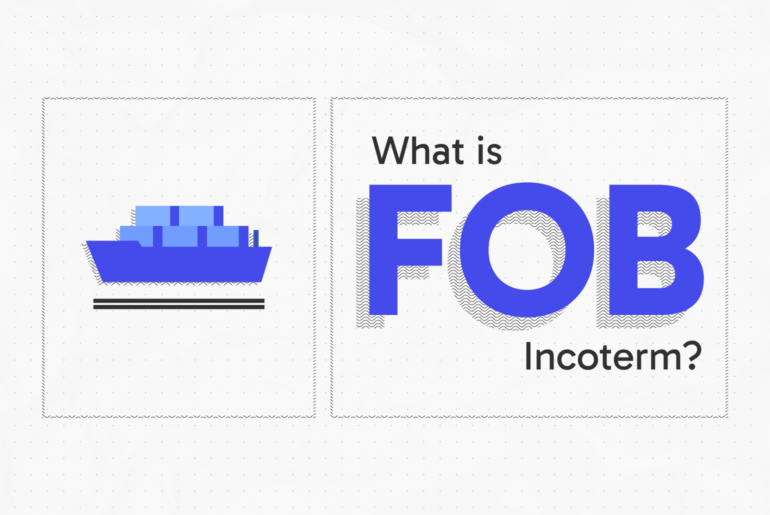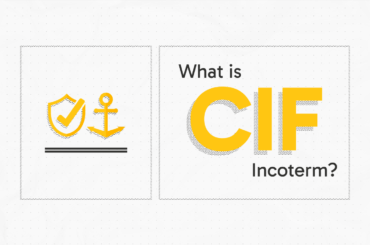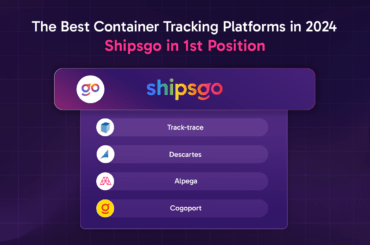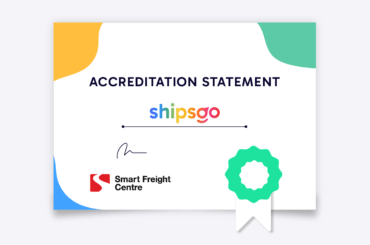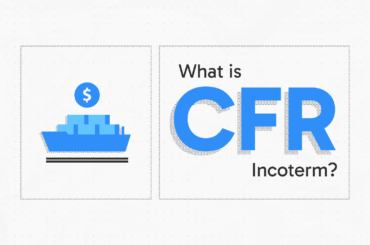The FOB Incoterm or “Free on Board” is exclusive to ocean freight. The seller must load goods onto the ship that the buyer chooses.
In the FOB Incoterm, the seller is responsible for all costs and risks until the goods are loaded onto the vessel. The risks are then transferred to the purchaser, a significant shift in the contractual obligations.
FOB Incoterm is similar to FCA Incoterm but has a few key differences. The FOB Incoterm, unlike FCA, explicitly states that the risk transfer occurs upon the complete loading of the goods. Because of this difference, FOB is less suitable to ship containerized cargo. This is an important factor in making logistics decisions.
Seller’s obligations under the FOB Incoterm
- Delivery of goods and documents required
- Packaging and wrapping
- Inland transportation in the country of origin
- Customs handling fees at the origin
- Origin charges
Buyer’s obligations under the FOB Incoterm
- Payment of goods
- International Freight
- Destination charges
- Customs handling fees at the destination
- Inland transportation in the destination country
- Payment of duties and taxes

Free on Board Insurance Details
Insurance coverage isn’t mandatory under the FOB Incoterm. It is expected to purchase insurance. Buyers, sellers or both can obtain insurance that covers the entire ocean journey or their responsibility.
Avoid problems by ensuring your cargo insurance policy is clearly described and specified within the contract.
FOB and Container Transportation Details
Although FOB is often used to describe containerized imports, especially from China, it should be used with attention to detail. FOB only transfers the risk from the buyer to the seller once the goods are loaded onto the freighter. This is especially true for containerized cargoes, often left at terminals for several days before loading. The container is in a gray zone where damage to the cargo inside is possible. This can happen when the container is being loaded or transported. The cargo is kept inside the container from receipt until arrival. This makes it difficult for the responsible parties to determine when the damage occurred.
What is the Difference Between FOB and CFR?
The Cost and Freight (CFR) assigns the cost of transporting your goods to their destination port to the supplier. The cost of freight is calculated by adding any fees related to exportation to the total. You are responsible for it after the delivery has been unloaded to the destination country. CFR excludes insurance and costs related to delivery. Also excluded are any customs duties.
